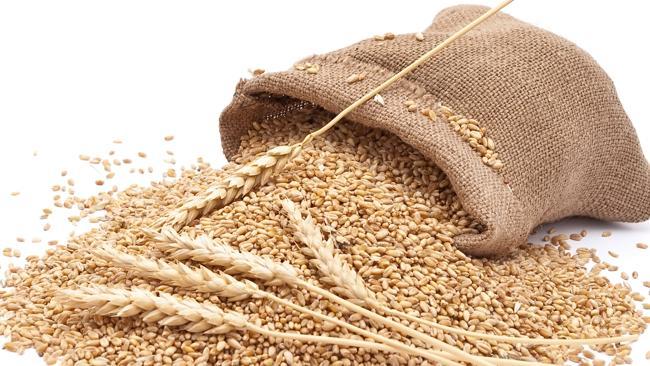The federal government has set a wheat production target of 33.58 million tons for the Rabi season 2024-2025, aiming to cultivate over 10.368 million hectares.
The decision was announced during the Federal Committee of Agriculture (FCA) meeting, chaired by Federal Minister for National Food Security and Research, Rana Tanveer Hussain.
The meeting also reviewed the performance of Kharif crops and outlined production targets for other Rabi crops, including gram, potatoes, onions, tomatoes, and chilies.
Despite the central government’s wheat goal, provincial administrations have voiced concerns, proposing a lower target for wheat due to challenges faced in the previous season.
Punjab, where farmers were impacted by the lack of a fixed support price, along with other provinces, suggested reducing the wheat cultivation area to 9.263 million hectares with an estimated production of 27.92 million tons.
The FCA meeting also set production targets for other key crops: gram (419.4 thousand tons), potatoes (6.83 million tons), onions (2.55 million tons), tomatoes (658.7 thousand tons), and chilies (56.8 thousand tons).
Kharif crop data presented at the meeting showed promising results, with sugarcane output provisionally estimated at 85.5 million tons, an 11.5% increase in production. Rice production rose by 4% to 9.079 million tons, while mash production saw a modest increase to 5.77 thousand tons.
Discussing the Rabi season’s resource outlook, the Federal Seed Certification and Registration Department assured adequate certified seed availability.
The Indus River System Authority (IRSA) projected a 16% water shortfall for Punjab and Sindh, with an initial allocation of 31.136 MAF subject to review in November.




